I caught Covid and it was no big deal
My experience with Covid has only underscored the urgency of not just ‘living with Covid’ but preferably forgetting about Covid.
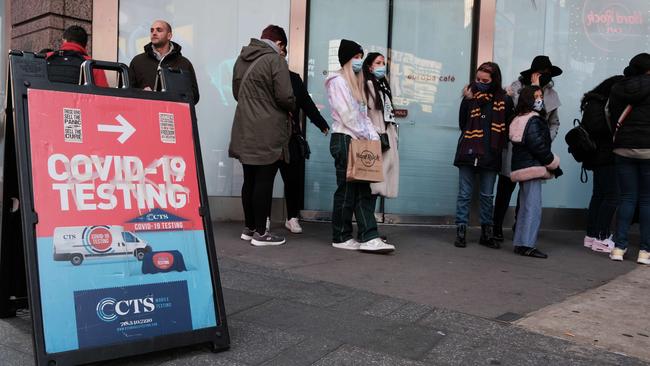
Three friends and I, all fully vaccinated, at least according to the prevailing definition, had a week of fever, aches, fatigue and some of us, not me, temporarily lost our sense of taste and smell.
It was unpleasant, but we’d all been sicker before and we’re all back to normal. My Johnson & Johnson one-shot vaccine, which I had in April, probably helped soften the blow, although a recent research paper found its effectiveness dropped to 13 per cent after six months.
Whatever, it’s obvious vaccines do not stop transmission of Covid-19, which was the only justification, however flimsy, for mandating them.
Not wanting to become an official case, further fuelling the interminable hysteria, we tested ourselves at home using $US24 ($34) test kits that are widely available at pharmacies in the US, a reminder that official Covid-19 case tallies are likely gross underestimates of the number of cases.
Whether it was Delta, Alpha, Mu or, heaven forbid, Omicron I do not know, but the bright pink line from the testing kit was unambiguous: Covid-19.
It’s tempting to brag about becoming a Covid survivor, given the relentless obsession with how many people have died from or with it during the past two years. But it’s not really much of an achievement.
After eight months in the US, a country supposedly ravaged by the virus according to the mainstream media, it has been shocking to me how few people seem to know someone who has died from or with Covid-19.
In the US alone, the Centres for Disease Control and Prevention estimates more than 146 million people – or 44 per cent of the total population – have been infected by SARS-CoV-2.
In October last year the World Health Organisation estimated 10 per cent of the world’s population had contracted Covid, and that was before the highly transmissible Delta muscled out Alpha.
A year later, perhaps a quarter of the world are now Covid survivors, a group that includes everyone from obese former New Jersey governor Chris Christie to Europe’s oldest woman (a French nun who in February survived Covid-19 at age 116).
My experience with Covid has only underscored the urgency of not just “living with Covid” but preferably forgetting about Covid.
It has been 21 months of rolling restrictions in what can be described only as the greatest, and arguably one of the most destructive, obsessions in world history given the economic and social chaos governments have caused. We urgently need to move on.
After almost two years it should be obvious government measures haven’t stopped transmission, be they forced masking, vaccine mandates, the vaccines themselves, checking in and lockdowns. Indeed, Victoria, for instance, has more cases and deaths than NSW despite locking down for much longer and harder, a phenomenon reflected in the US and Europe, where it is by now blindingly obvious there is little if any relationship between the severity of restrictions and the spread of Covid-19.
It was always a hubris on stilts to think restrictions could control a highly contagious virus, as all the world’s pandemic plans from before last year clearly argued.
How then do we escape the doom loop when Pi, Rho and Sigma are just around the corner?
It’s a stiff competition for most damaging Covid-19 policy, but testing wins.
Former US president Donald Trump was right last July when he pointed out that encouraging people to be tested when they weren’t especially sick was a waste, inflating the perceived risk of catching the virus, not to mention the financial cost and the disruption to the lives of close contacts.
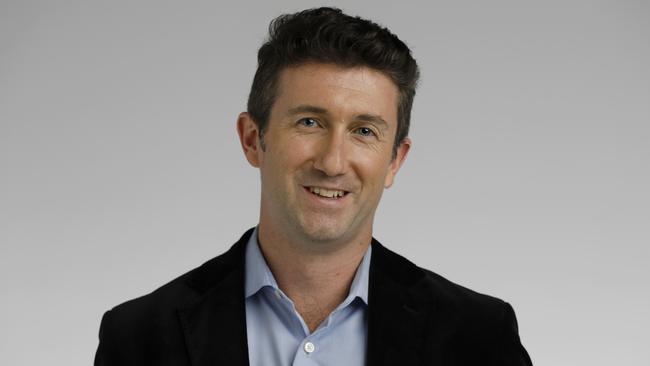
The US has conducted more than 620 million tests since the pandemic began, even more per capita than test-obsessed Australia. At a cost of a few hundred dollars each, when the whole chain of Covid ticket clipping has been tallied, that’s more than $US100bn spent on testing in the US alone.
What’s worse, testing is becoming mandatory. On the back of the Omicron variant of concern, which it seems hasn’t killed a single person in the world yet, US President Joe Biden announced new testing requirements last week. Other nations did the same.
Everyone entering the US needs to prove they don’t have Covid-19 within 24 hours of boarding their flight. Aside from the stress and inconvenience, what on earth is the point of testing arrivals? The rationale is never explained.
The virus is already rampant in the US, as it is practically everywhere else. Does it matter if someone flying to the US has Covid when practically half the country already has had it? In short, got Covid, who cares.
And the tests are unreliable, producing false positives in people who aren’t sick at all and would very much like to exercise their right to freedom of movement.
Once the tests are introduced, the businesses that will reap billions from them will fight to make them permanent. If mask mandates have lasted hundreds of days, expect testing mandates to last just as long, a cash cow for the Covid industrial complex.
Vaccines were meant to be the end of all the other nonsense. They reduce the severity of symptoms and the likelihood of death. Everyone has had ample opportunity to get one. Among more vulnerable groups, vaccination rates are nearing 100 per cent.
However, vaccines do appear to wear out, meaning those “fully vaccinated” counters that have become sources of national prestige will drop back to zero within months unless people boost. As a Covid survivor I’m immune from getting it again for a while at least so I don’t need to boost yet. Whether I’ve survived long Covid, though, it’s too early to say.



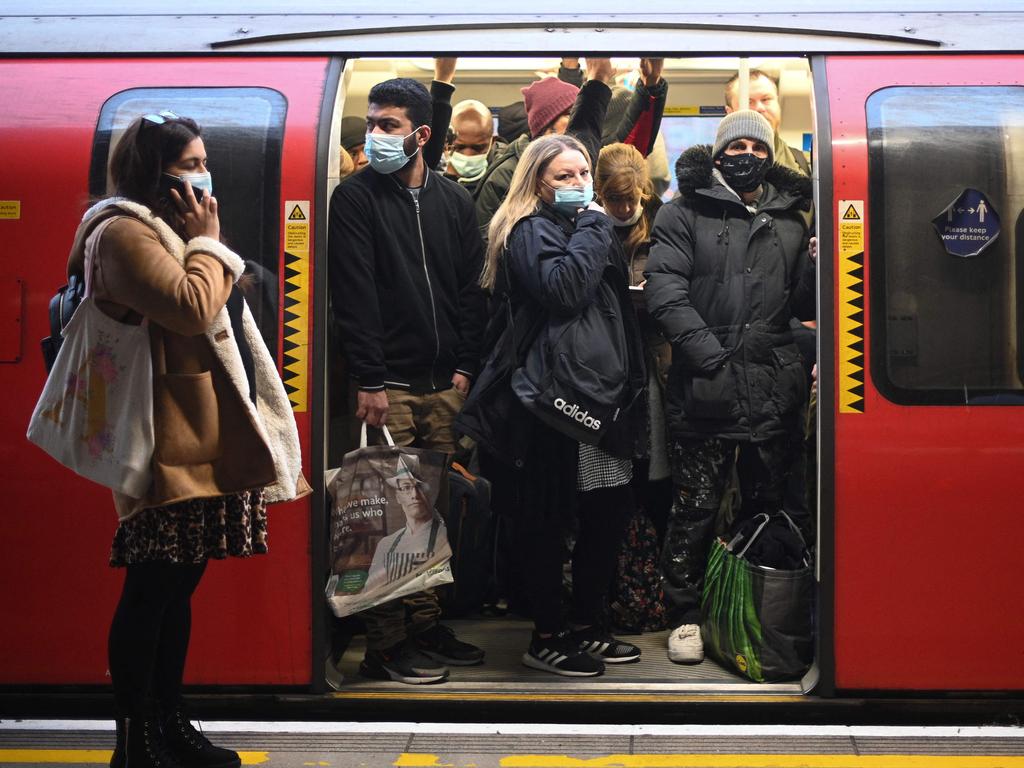
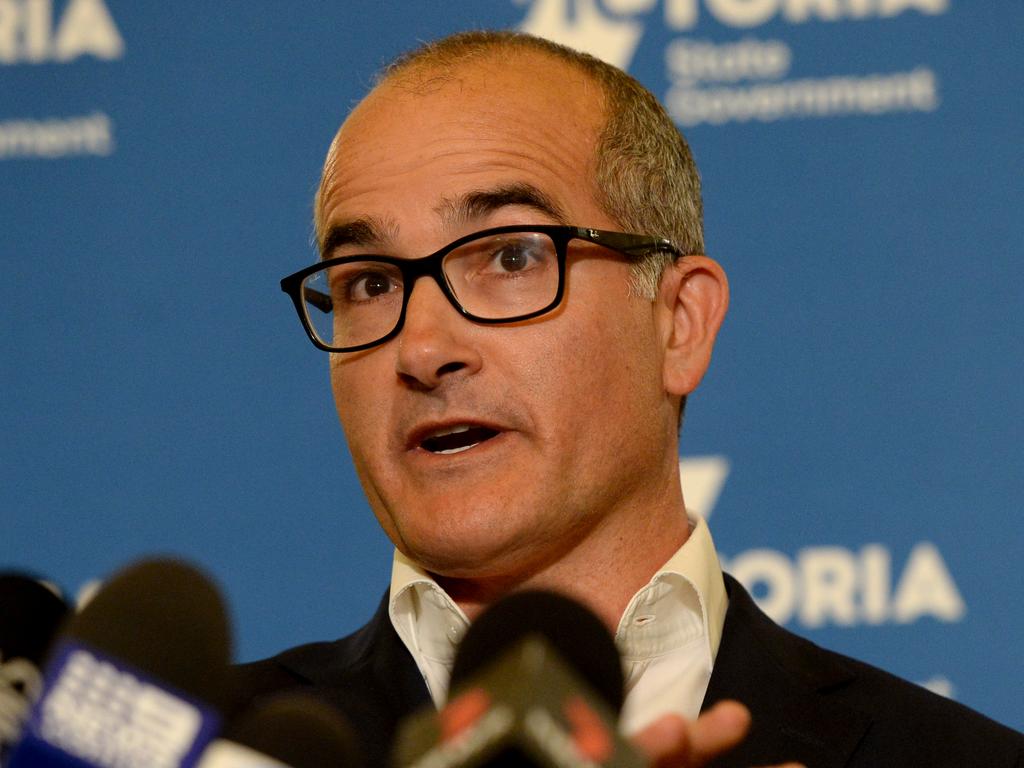
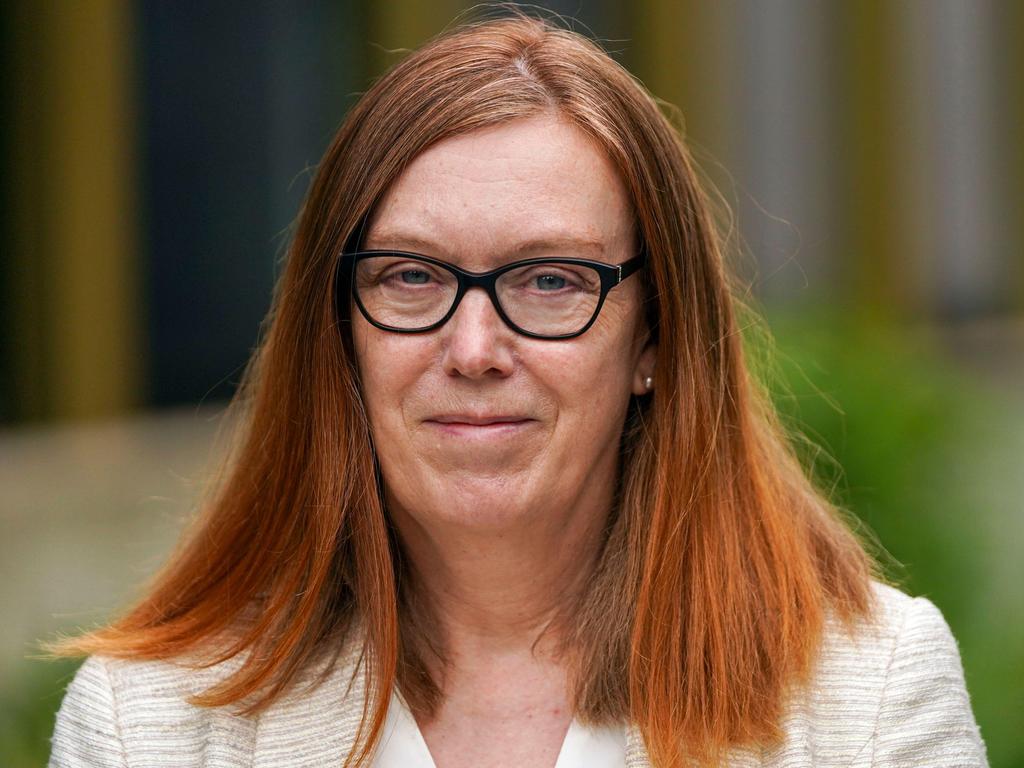


“Living with Covid” became a reality for me a few weeks back after I contracted the disease on a trip to New York at what turned out to be a superspreader event.